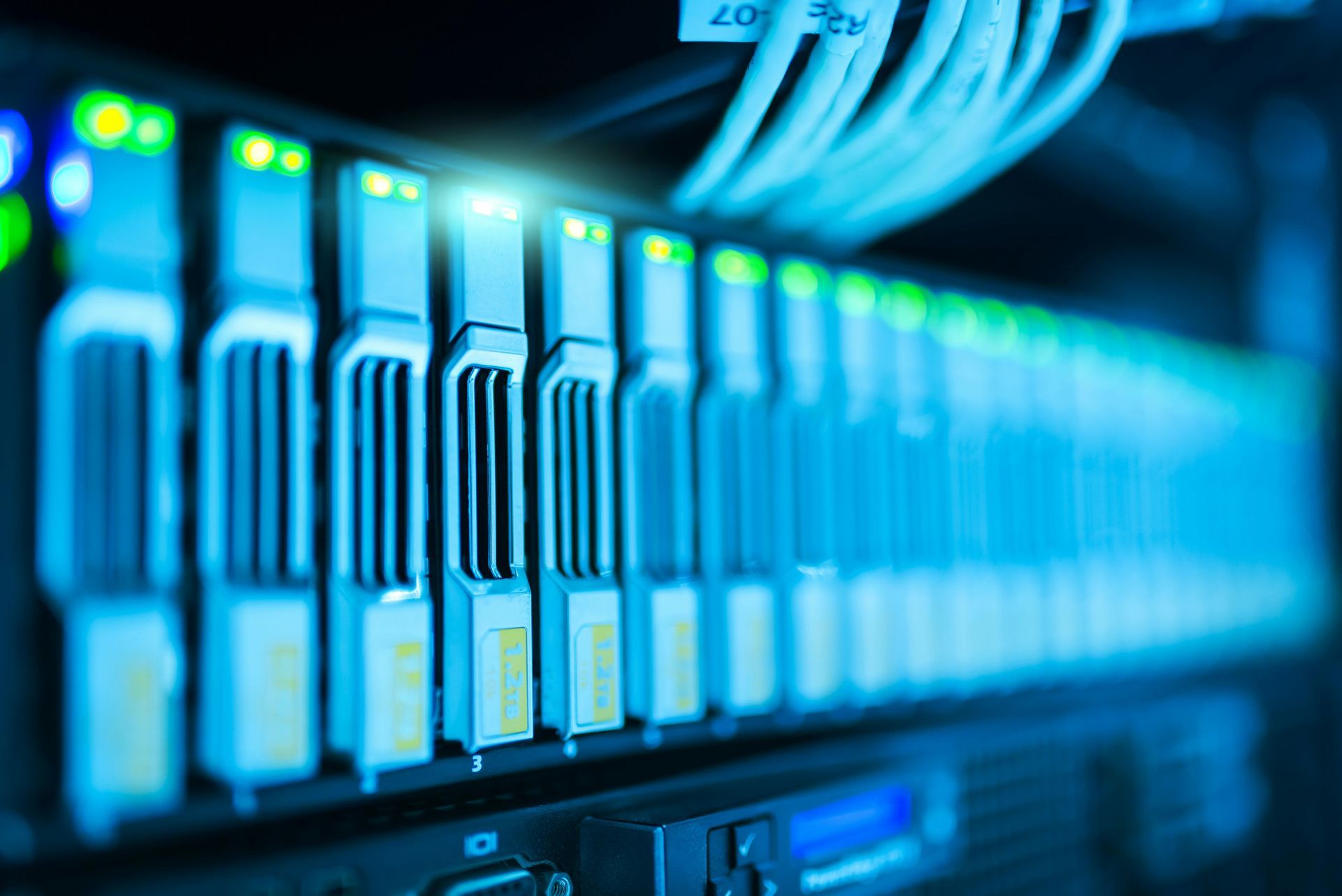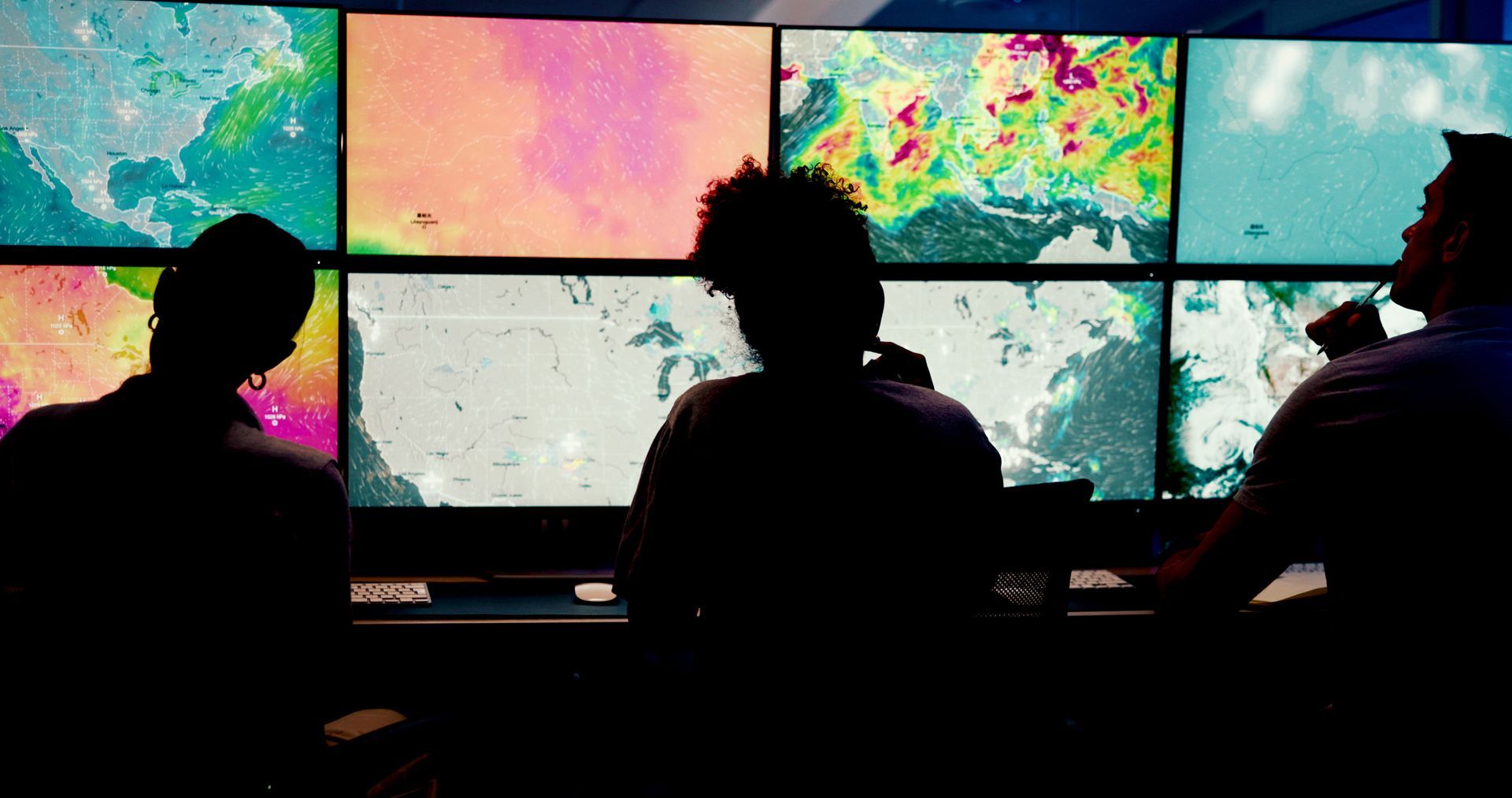Reimagining How We Share Information. Together.
When challenges arise or new opportunities appear, our instinct is often to gather more data. We analyze, interpret, and build insights. But information on its own rarely changes outcomes. It's when we share it, securely, thoughtfully, and with purpose that it truly begins to make a difference.
For many years, our focus has been on collection and analysis. Today, we need to give equal attention to what happens next: how knowledge moves between people, teams, and organizations. Intelligence that remains locked away is only potential. But when it reaches the right hands, at the right moment, in the right format, it can guide better decisions and stronger cooperation.
When we get this right, we don't just improve processes, we build trust, coordination, and shared strength across sectors and borders.
Security as the Foundation for Trust
Sharing information is not only about making it available. It's about making it available safely. Modern technologies now allow us to share data and services across different security levels, opening new possibilities for collaboration, even in sensitive environments.
But with this capability comes responsibility. Security needs to be part of the design from the very beginning, from classification and transmission to storage and access in the field. When security is embedded in every step, it becomes an enabler of trusted and scalable collaboration, not a barrier.
Speaking the Same Language Through Open Standards
No two organizations are alike. Some work with large global platforms, while others depend on tailored local systems. When infrastructures are tied to a single vendor, silos form, and flexibility is lost.
Open standards offer a way forward. By ensuring systems can "speak" to each other, they allow critical information to flow securely and efficiently. Building flexibility through open standards isn't just a technical choice, it's a way of making sure we can work together, no matter what tomorrow brings.
Staying Flexible in a Changing World
Even the most advanced systems cannot predict every situation. What makes the difference is the ability to adapt quickly. That may mean adding new interfaces, supporting emerging standards, or solving unexpected problems in real time.
In moments of crisis, responsiveness matters more than perfection. Agility helps organizations navigate uncertainty and turn challenges into opportunities. This is where strong partnerships and trust between teams become essential.

Using Bandwidth Wisely
Networks have limits. In critical situations, every second counts, and overloaded systems can create bottlenecks. By sharing only what has changed, and timing larger updates for quieter moments, we keep essential information moving when it's needed most.
Thoughtful bandwidth management isn't just technical housekeeping, it's a way to keep communication clear and reliable when pressure is highest.
Quiet Resilience: Preparing for Offline Moments
True resilience means continuing to work even when the network goes down. Local servers, synchronized with the latest data and ready to operate offline, provide a quiet but essential strength.
In a crisis, when teams can keep going without relying on constant connectivity, they don't just endure, they remain effective. Offline readiness is what keeps operations steady in the face of the unexpected.
From Collection to Collaboration
Information is not meant to be locked away. It is meant to be shared securely, thoughtfully, and with purpose. Whether coordinating across agencies, managing a crisis, or building new collaborative platforms, the same principles apply:
- Build trust through secure sharing
- Use open standards to connect diverse systems
- Stay agile in the face of change
- Manage bandwidth carefully
- Prepare for offline continuity
By rethinking how we share information, we turn intelligence into real-world impact. We build systems that don't just react to crises but help us anticipate and respond together.
This is not only about technology, it's about people working together with shared purpose. If we can achieve that, information becomes more than data: it becomes a force for coordination, preparedness, and positive change.













